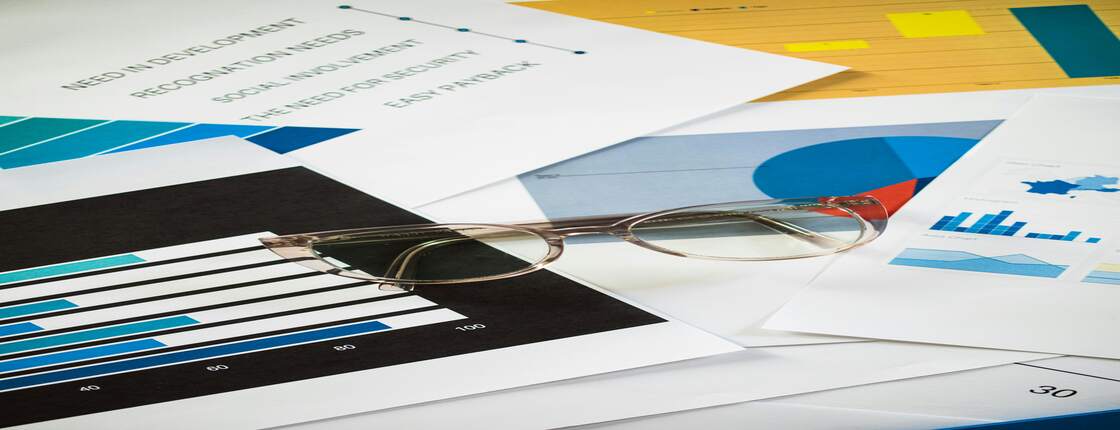Programme Mode
Full-Time
Duration

The B.Sc. Economics programme at FUADSI is designed to provide students with a comprehensive understanding of economic theory, quantitative methods, and applied economics. The curriculum emphasizes analytical thinking, problem-solving, and policy evaluation, preparing graduates to address complex economic challenges in both national and global contexts. Students gain practical skills through case studies, data analysis, and exposure to real-world economic issues, ensuring readiness for careers in finance, public policy, and international development.
Graduates can work as:
Admission Requirements
For detailed information on the general admission requirements, application guidelines, deadlines, and required documents, please visit the Admissions page.
How to Apply
To apply, visit the Undergraduate Admissions Portal.
| Year | Semester | Core Subjects | Description |
|---|---|---|---|
| Year 1 – Foundations | Semester 1 | Principles of Economics I Introduction to Accounting Business Mathematics Communication Skills Computer Applications |
Basic economic principles, business math, and essential computing skills. |
| Semester 2 | Principles of Economics II Introduction to Statistics Nigerian Legal System Principles of Management Microeconomic Analysis I |
Advanced economic principles, statistical foundations, and microeconomic concepts. | |
| Year 2 – Intermediate | Semester 3 | Macroeconomic Analysis I Microeconomic Analysis II Quantitative Techniques I Development Economics I Entrepreneurship Development |
Core macro and microeconomic theories, quantitative methods, and development concepts. |
| Semester 4 | Macroeconomic Analysis II Quantitative Techniques II Monetary Economics Public Finance I International Economics I |
Advanced macroeconomics, monetary theory, and public finance principles. | |
| Year 3 – Advanced Core | Semester 5 | Econometrics I Public Finance II International Economics II Research Methods Elective (Agricultural Economics / Industrial Economics) |
Econometric modeling, fiscal policy, and international trade concepts. |
| Semester 6 | Econometrics II Development Economics II Comparative Economic Systems Elective (Environmental Economics / Labour Economics) Seminar Presentation |
Advanced econometrics, development theories, and comparative systems. | |
| Year 4 – Specialization & Research | Semester 7 | Advanced Topics in Economics Economic Policy Analysis Project Proposal & Seminar Elective (Financial Economics / International Finance) |
Specialized economic topics and policy evaluation techniques. |
| Semester 8 | Final Year Project / Dissertation Professional Ethics & Entrepreneurship Elective (Energy Economics / Health Economics) Internship / Industry-Based Learning |
Capstone research project, professional development, and industry exposure. |
Resources coming here...